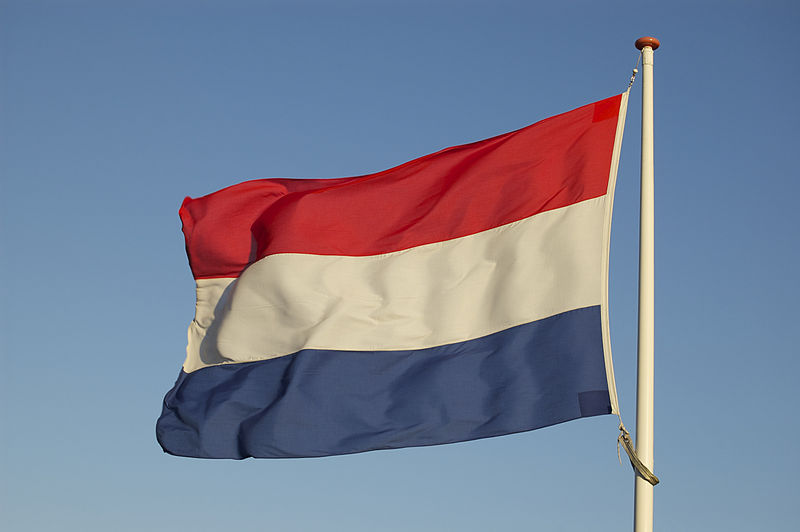
The European Commission has given the green light to a €1.4 billion Dutch scheme aimed at providing assistance to energy-intensive small and medium-sized
enterprises (SMEs) struggling with increased energy costs in the wake of Russia's conflict with Ukraine. The scheme was approved under the State aid Temporary Crisis and Transition Framework, which was created to support measures in sectors that are key to accelerate the green transition and reduce fuel dependencies. The new Framework, which amends and prolongs the Temporary Crisis Framework, enables member states to support their economies in the context of the ongoing geopolitical crisis.
The Dutch measure is designed to support SMEs facing increased energy costs due to the current crisis. Under the scheme, the aid will take the form of direct grants in limited amounts. The aim is to offset part of the increased costs of natural gas and electricity and to reduce their impact on SMEs that cannot cope with them. The scheme will be open to SMEs across sectors, based in the Netherlands, that purchased natural gas and electricity equivalent to at least 7% of their annual turnover in 2022. Financial institutions are excluded from the scheme.
Each eligible beneficiary will be able to receive an aid amount covering 50% of the eligible costs, up to a maximum of €160,000. The Commission found that the Dutch scheme complies with the conditions set out in the Temporary Crisis and Transition Framework. In particular, the aid will not exceed €250,000 per company active in primary agricultural production, €300,000 per company active in fishery and aquaculture sectors, and €2 million per company active in all other sectors. The aid will be granted before 31 December 2023.
The Commission concluded that the Dutch scheme is necessary, appropriate and proportionate to address a serious disturbance in the economy of a member state, in line with Article 107(3)(b) TFEU and the conditions set out in the Temporary Crisis and Transition Framework. On this basis, the Commission approved the aid measure under EU State aid rules.
This decision is significant because it shows the European Union's willingness to support member states in times of economic crisis. SMEs are the backbone of many economies, and the current geopolitical climate has put them under severe strain. Providing aid in the form of direct grants will help them offset the increased energy costs and reduce the impact on their operations. The Dutch scheme is an excellent example of how member states can use EU funds to support their economies in times of crisis. It is hoped that other member states will follow suit and provide similar support to their SMEs. Photo by Wouter Engler, Wikimedia commons.



































